
AKT
项目开始时间

1970年1月1日
关于
1. Background IntroductionAkash Network is a decentralized cloud computing marketplace that leverages blockchain technology to provide a more efficient and cost-effective alternative to traditional cloud services. It operates on the Cosmos SDK and utilizes a proof-of-stake (PoS) consensus mechanism. The platform aims to disrupt the centralized cloud computing industry by enabling users to buy and sell computing resources in a decentralized manner.2. Core Website ContentThe website primarily focuses on promoting Akash Network's decentralized cloud computing platform. Key sections include an overview of the platform, its benefits (such as cost savings and decentralization), use cases, and technical documentation. The site also features a blog, community links, and resources for developers. The main call-to-action is to encourage users to deploy applications on Akash or participate in the network as validators or providers.3. Technical FeaturesAkash Network's technical stack includes the Cosmos SDK for blockchain functionality and Tendermint for consensus. It supports containerized applications via Docker and Kubernetes, making it compatible with existing cloud workflows. The platform offers features like permissionless access, anti-censorship, and a unique reverse auction mechanism for pricing computing resources. Akash also emphasizes its interoperability with other blockchains through the Inter-Blockchain Communication (IBC) protocol.4. Token EconomicsThe native token AKT serves multiple purposes: securing the network through staking, paying for cloud resources, and participating in governance. The tokenomics include mechanisms for inflation control and community incentives. AKT has a maximum supply cap, with distribution allocated to mining rewards, ecosystem development, and team/advisors. The website provides detailed documentation on token utility and staking rewards.5. Competitive ComparisonCompared to centralized cloud providers (AWS, Google Cloud), Akash offers significant cost reductions (up to 10x cheaper according to their claims). Among decentralized alternatives, it competes with projects like Filecoin (storage-focused) and Golem (general computing). Akash differentiates by specializing in cloud compute with Kubernetes support and a mature Cosmos-based infrastructure. Its main advantage is being more developer-friendly for traditional cloud migration.6. Risks and ChallengesKey challenges include adoption barriers against established cloud providers, potential regulatory uncertainties for decentralized compute services, and the technical complexity of maintaining reliable performance in a decentralized network. The project also faces competition from both traditional cloud providers improving their offerings and new decentralized projects entering the space. Network effects and enterprise adoption remain significant hurdles.7. Industry FutureThe decentralized cloud computing sector is poised for growth as Web3 adoption increases and concerns about centralized control persist. Akash is well-positioned in this emerging market with its first-mover advantage in decentralized Kubernetes solutions. The integration with the broader Cosmos ecosystem and potential partnerships with other blockchain projects could drive future growth. However, the industry's evolution will depend on overcoming technical limitations and proving enterprise-grade reliability.8. SummaryAkash Network presents an innovative approach to cloud computing by combining blockchain technology with containerized application deployment. Its technical foundation on Cosmos and focus on developer experience make it a strong contender in decentralized infrastructure. While challenges remain in competing with centralized giants and achieving mass adoption, Akash's value proposition of cost efficiency and censorship resistance positions it well for the growing decentralized web ecosystem. The project's success will largely depend on continued technical execution and ecosystem growth around the AKT token. 更多>



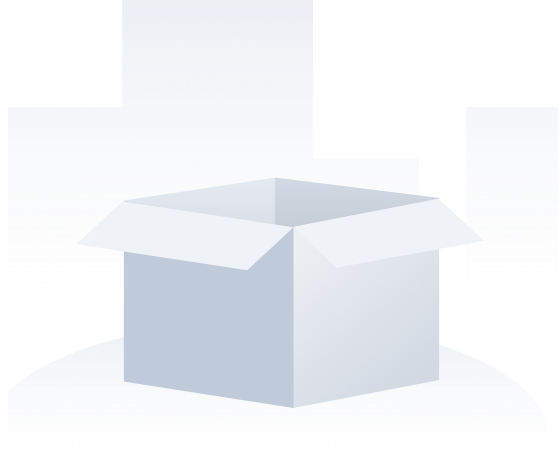








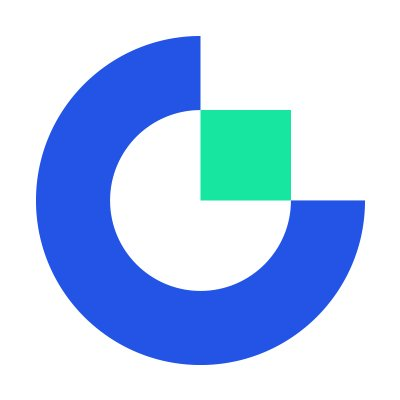
























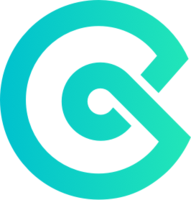




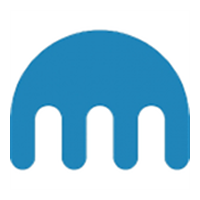
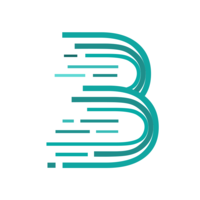





 看多
看多
 看空
看空